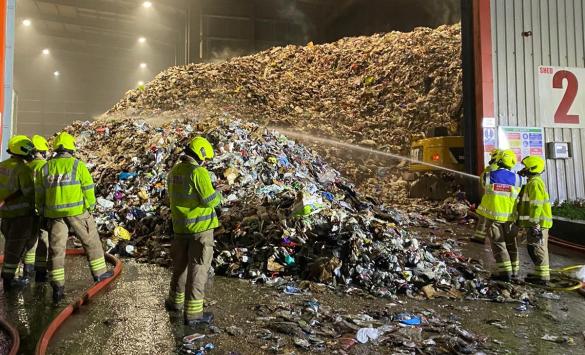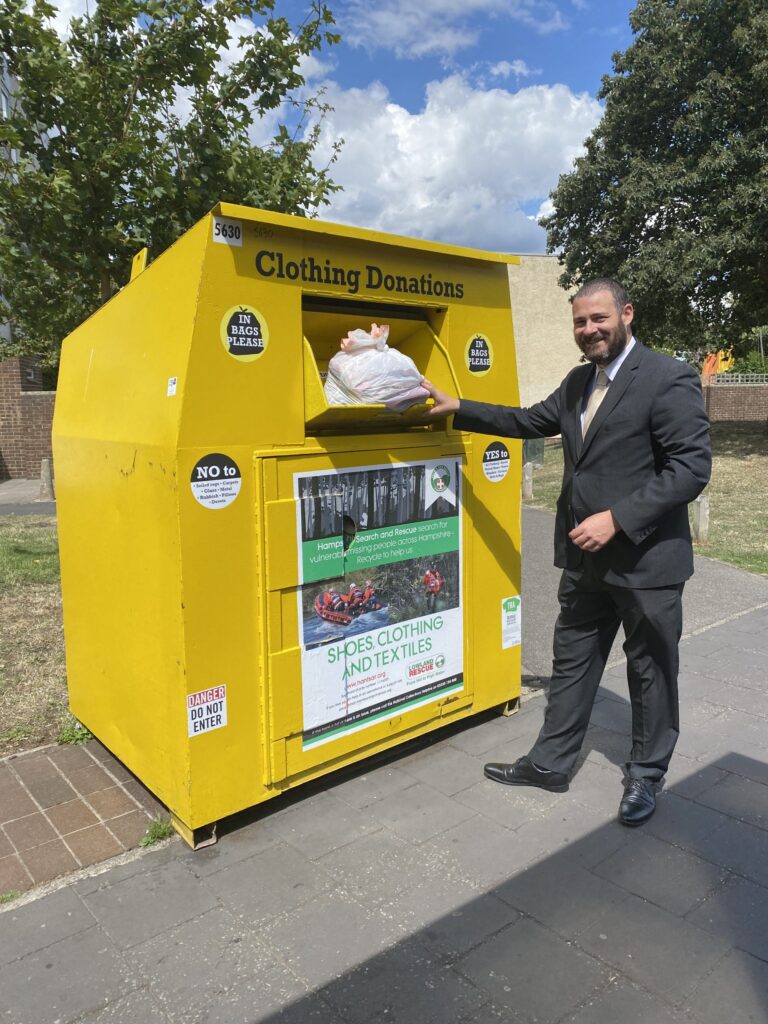There has long been a view in some quarters of the EU that feedstock recycling – which sees the plastic turned back into a chemical for further use – should not count as true recycling.
Now, in a working document (see letsrecycle.com news index for 30.10.00) has suggested that both feedstock and the use as a reduction agent should count.
Brian Smith, executive director of the materials organisation Valuplast told letsrecycle.com that he broadly welcomed the document, although he remained cautious as there could be contrasting views within the European Commission.
“If this document is accepted it means that companies as the targets are increased will be given the better opportunity to plan for the future, especially when they are considering spending vast sums of money on new developments.”
The full text of the relevant section of the document is:
Definition of recycling
The definition of recycling is fundamental as it is directly linked to the revision of the targets. However, experience has indicated that there are some problems with its interpretation. For that reason, it is convenient to clearly distinguish between recycling and energy recovery. In particular, it should be clarified if recycling shall mean the reprocessing of waste material in a production process with the aim to manufacture new material products non intended to be used as fuels, or if it shall include also the reprocessing of waste with the intention to produce fuels as final outcome.
In particular for the recycling of plastics, it is necessary to complement the definition of recycling by new definitions for mechanical and chemical recycling.
“Mechanical recycling” should refer exclusively to the reprocessing of waste material for any purposes except energy recovery or disposal, without changing the chemical structure of the processed material.
“Chemical recycling” should refer to the reprocessing, other than organic recycling, of waste material for any purposes except energy recovery or disposal, by changing the chemical structure of the processed material.
In the future revised Directive, the recycling targets could relate either to both mechanical recycling and chemical recycling (also known as feedstock recycling) which covers such processes as thermal cracking, pyrolysis, gasification and blast furnace processes (use of plastics as reduction agent) or only to them separately.
Plastics industry welcome EU paper on feedstock recycling
Britain’s plastic recyclers have given a broad welcome to a working document from the EU which suggests that feedstock recycling and the use of plastics as a reduction agent in steelmaking should both count as recycling.











Subscribe for free